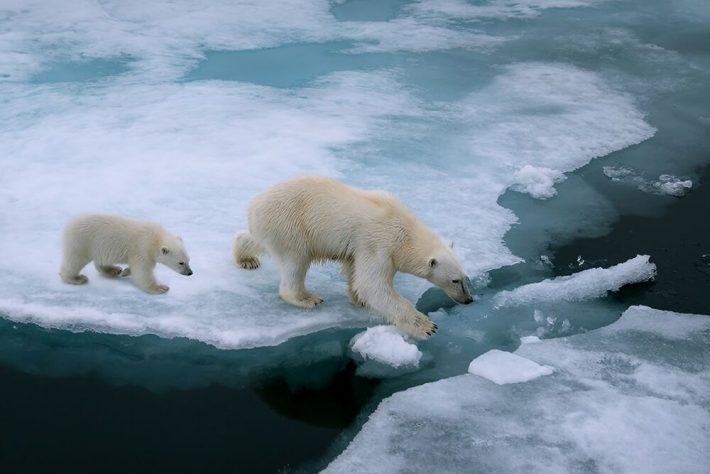The Changing Arctic: An Environmental Audit Committee inquiry
Have your say and contribute to the BES response to the latest inquiry by the Environmental Audit Committee into the profound changes occurring in the Arctic as a result of climate change.

On the 08 March 2018 the Environmental Audit Committee (EAC) launched “The Changing Arctic” inquiry. This inquiry will assess how the Arctic is changing, what this means for the UK and what the Government has achieved through its policy framework. It will determine whether the framework is still fit for purpose in light of recent developments.
Mary Creagh MP, the Chair of the EAC, stated:
“The UK is a proud champion of environmental science and has historically been committed to promoting responsible development in the Arctic. Our inquiry will assess the Government’s Arctic policy, and whether the UK, as one of the Arctic’s nearest neighbours, should be doing more to protect this vulnerable region.”
The policy team is looking to work with the BES membership to respond to relevant questions. The inquiry has 4 sections and 8 questions. The policy team is seeking the help of members to inform the response. If you are interested in shaping the BES response, please email Camilla (Policy Manager) and Sara (Policy Officer), indicating which section and / or specific question(s) you are responding to, and send us your thoughts, the latest reports, papers or evidence.
Please email Camilla and Sara by Friday, 9th April. They will collate and formulate a draft response which will be sent out to all the contributors the 1st May for their final comments and input. The response will then need to go to the BES Policy Committee to receive final sign off ahead of the deadline on the 16th May.
The questions from the inquiry can be found below:
How is the Arctic changing?
- What are the most significant environmental changes taking place in the Arctic? What might they mean for the UK, for example in terms of sea level rise or changes to climate? How well prepared is the UK Government for these impacts?
- What is the extent of plastic and microplastic pollution in the Arctic? Where does this come from? What could the UK Government do to reduce it?
UK policy
- Has the UK’s policy framework on the Arctic helped it achieve its vision of ensuring ‘policies are developed on the basis of sound science with full regard to the environment, and where only responsible development takes place’? Is the framework still fit for purpose in light of environmental and geopolitical changes?
- What role did the UK play in developing the integrated European Union policy for the Arctic and in encouraging the sustainable use of Arctic resources? Will the UK’s relationship to the Arctic change after leaving the European Union in respect of policy, trade or regulation?
UK-led scientific research
- How active has Government been in supporting UK research in the Arctic? What impact has the Natural Environmental Research Council’s (NERC’s) recent 5-year research programme had so far? Are there any gaps in the current research programme that the NERC should address in future programmes?
- What are the implications of leaving the EU for the UK’s scientific research in the Arctic? What have the impacts been to date? How are agreements on international cooperation, joint research projects and access to funding streams like Horizon 2020 likely to be impacted?
- Have actual or proposed changes in policy or funding towards Arctic research by other major players, such as the United States, had an impact on UK research capacity in the Arctic? How might the UK need to adapt its approach?
Promoting good governance and business standards
- To what extent has the UK promoted business standards, best practice and responsible development in the Arctic and thereby reduced environmental impact of commercial activities (including fossil fuel extraction, mining, shipping and tourism)? How successful has it been? What more could it do?
Like what we stand for?
Support our mission and help develop the next generation of ecologists by donating to the British Ecological Society.